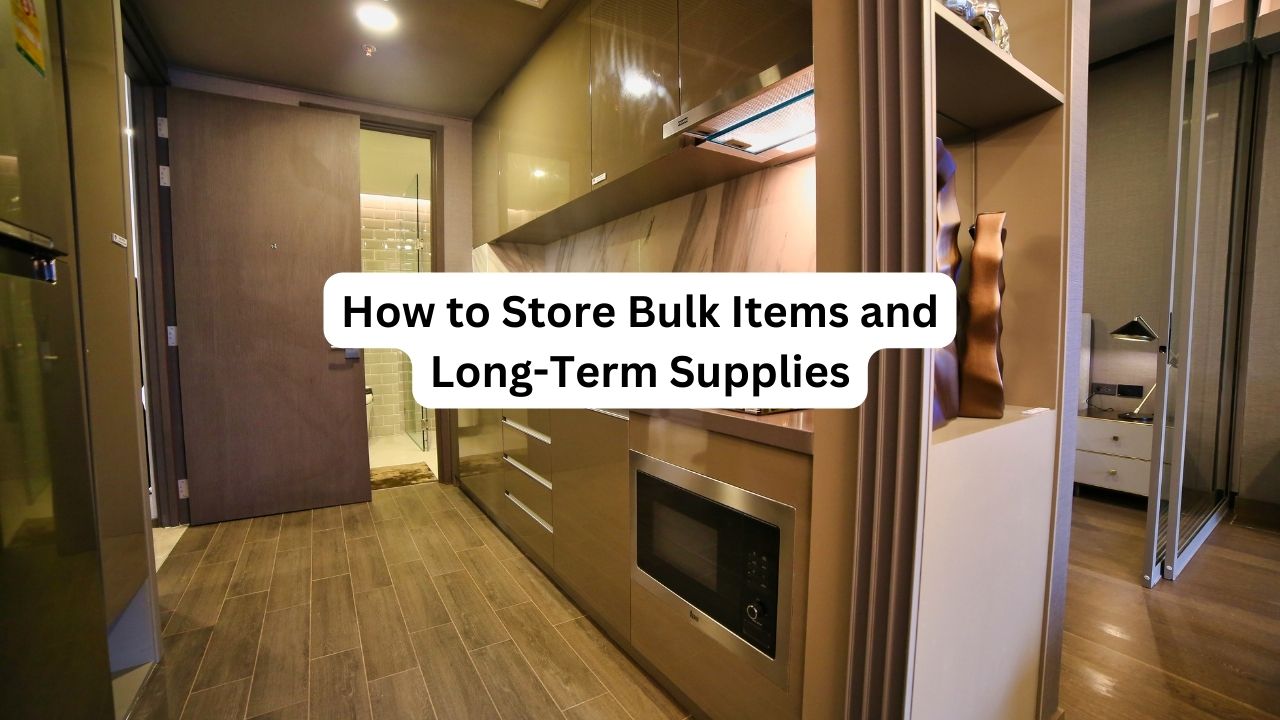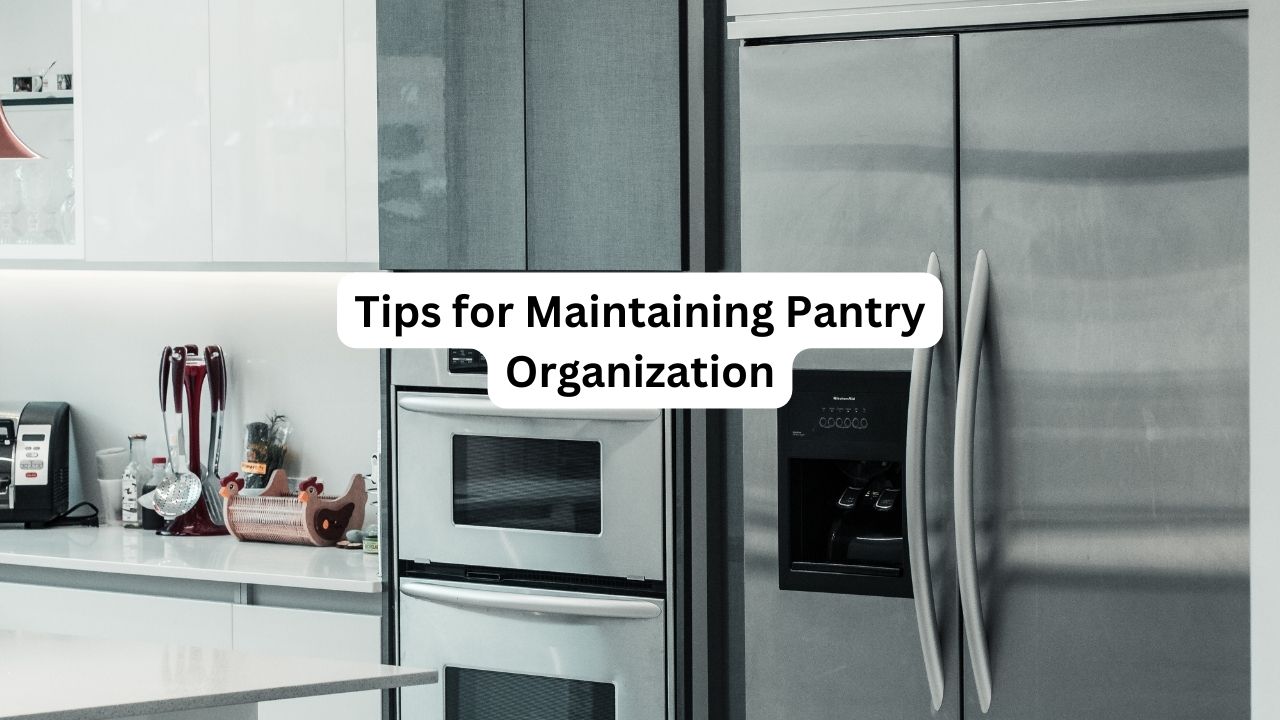When it comes to storing bulk items and long-term supplies, proper organization and planning are key. Whether you are stocking up on non-perishable food items, emergency supplies, or bulk household goods, it is important to store these items in a way maximizes shelf life and maintains their quality. In this blog post, we will discuss some tips and practices for storing bulk items and long-term supplies.
1. Choose the Right Containers: When storing bulk items and long-term supplies, it is essential to use the right containers. Opt for airtight containers that are made of food-safe materials such as glass, plastic, or metal. These containers will help keep out moisture, pests, and oxygen, which can all contribute to the degradation of your stored items.
2. Label Everything: To avoid confusion and ensure that you can easily locate items when you need them, make sure to label all of your containers. Include the contents of the container, the date it was stored, and any other relevant information. This will make it easier to rotate stock and use up items before they expire.
3. Store in a Cool, Dry Place: The storage location plays a crucial role in maintaining the quality of your bulk items and long-term supplies. Choose a cool, dry area that is away from direct sunlight and fluctuating temperatures. Basements, pantries, and closets are all good options for storage.
4. Rotate Stock: To prevent items from expiring before you can use them, make sure to rotate your stock regularly. Use the “first in, first out” method to ensure that older items are used before newer ones. This will help avoid waste and ensure that your supplies are always fresh.
5. Consider Shelving and Storage Solutions: Investing in shelving units, storage bins, and other organizational tools can help maximize space and make it easier to access your stored items. Consider using clear bins or containers so that you can easily see what is inside without having to open each container.
Conclusion
In conclusion, storing bulk items and long-term supplies requires careful planning and attention to detail. By following these tips and best practices, you can ensure that your items remain fresh and usable for an extended period of time. Proper storage will not only save you money in the long run but also provide peace of mind knowing that you are prepared for any situation.
FAQ: How to Store Bulk Items and Long-Term Supplies
Q1: What are the best types of containers for storing bulk items?
A1: The best types of containers for bulk items include:
- Airtight Containers: These help keep food fresh and prevent moisture and pests from getting in.
- Food-Grade Buckets: Ideal for large quantities, especially for dry goods like flour and sugar.
- Glass Jars: Great for smaller bulk items like grains, nuts, and spices.
- Plastic Bins: Durable and easy to handle, suitable for a variety of bulk items.
Q2: How should I store bulk grains and cereals?
A2: To store bulk grains and cereals:
- Use Airtight Containers: Store grains and cereals in airtight containers to protect them from moisture and pests.
- Keep in a Cool, Dry Place: Store containers in a cool, dry place away from direct sunlight to maintain freshness.
- Label Containers: Clearly label containers with the type of grain or cereal and the purchase or expiration date.
Q3: What is the best way to store long-term supplies like canned goods?
A3: For storing long-term supplies like canned goods:
- Keep in a Cool, Dry Place: Store cans in a cool, dry area away from heat sources to prevent spoilage.
- Organize by Date: Arrange cans with the earliest expiration dates at the front to use them first.
- Check for Damage: Regularly inspect cans for signs of damage or bulging and discard any that are compromised.
Q4: How can I protect bulk items from pests?
A4: To protect bulk items from pests:
- Use Pest-Proof Containers: Store bulk items in containers with tight-fitting lids.
- Seal Storage Areas: Ensure storage areas are sealed properly and free from gaps where pests could enter.
- Use Bay Leaves: Place bay leaves in containers to deter pests naturally.
Q5: What are some tips for managing space when storing bulk items?
A5: To manage space effectively:
- Use Stackable Bins: Stackable bins maximize vertical space and keep items organized.
- Optimize Shelving: Install adjustable shelves to accommodate various container sizes.
- Label Clearly: Clearly label bins and containers to avoid searching and make it easier to find items.
Q6: How should I store bulk liquids?
A6: For bulk liquids:
- Use Appropriate Containers: Store liquids in food-grade, airtight containers that are designed to hold liquids.
- Store Upright: Keep containers upright to prevent leaks and spills.
- Label and Date: Clearly label containers with the contents and the date of purchase or expiration.
Q7: How can I extend the shelf life of bulk items?
A7: To extend the shelf life of bulk items:
- Store Properly: Use airtight containers and keep items in a cool, dry place.
- Monitor Conditions: Check regularly for any signs of spoilage or damage.
- Use Preservation Methods: For some items, consider using preservation methods like vacuum sealing to extend shelf life.
Q8: What should I do if bulk items start to show signs of spoilage?
A8: If bulk items show signs of spoilage:
- Inspect the Item: Check for any unusual smells, colors, or textures.
- Discard if Necessary: If spoilage is evident, discard the item to avoid health risks.
- Review Storage Practices: Assess and adjust your storage practices to prevent future spoilage.
Q9: How can I store bulk items without taking up too much space?
A9: To store bulk items without taking up too much space:
- Use Space-Efficient Containers: Opt for containers that maximize storage efficiency, such as stackable bins or slim jars.
- Store Underutilized Spaces: Utilize under-shelf baskets, over-the-door organizers, or the floor of your pantry for additional storage.
- Rotate Stock: Regularly rotate stock to ensure older items are used first, making room for new supplies.
Q10: What are some common mistakes to avoid when storing bulk items?
A10: Common mistakes to avoid include:
- Improper Sealing: Not sealing containers properly can lead to contamination and spoilage.
- Storing in Direct Sunlight: Storing items in direct sunlight can cause deterioration and spoilage.
- Ignoring Expiration Dates: Failing to monitor expiration dates can result in using expired or spoiled products.


